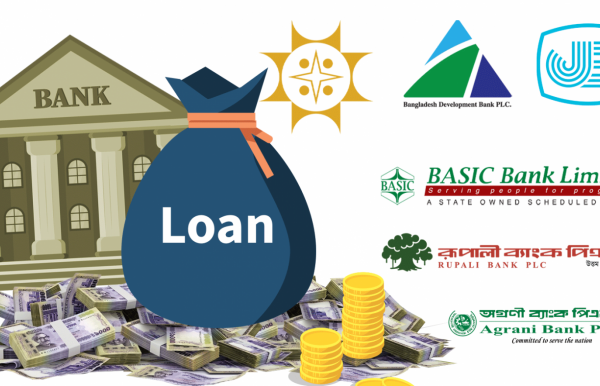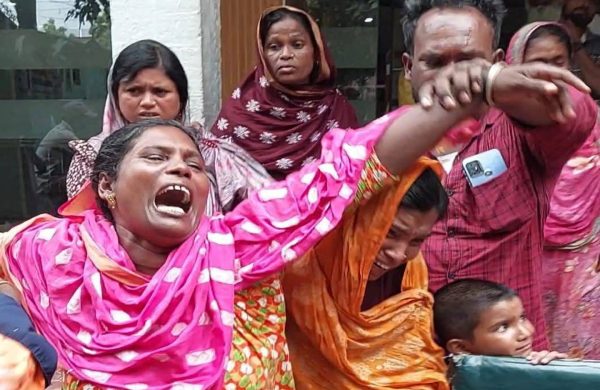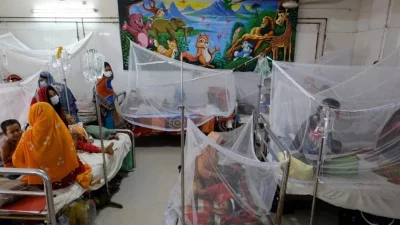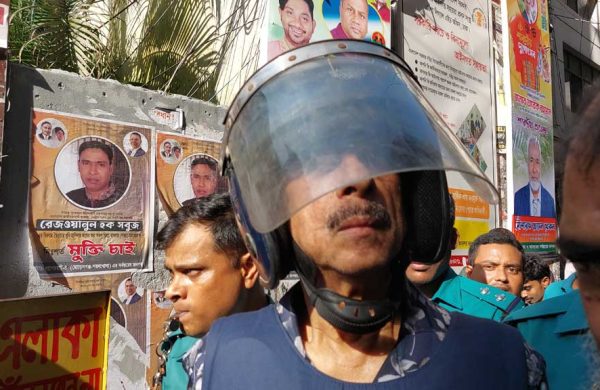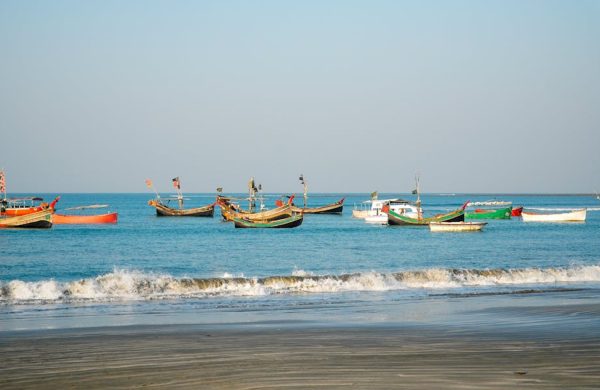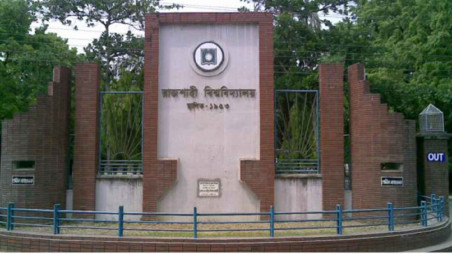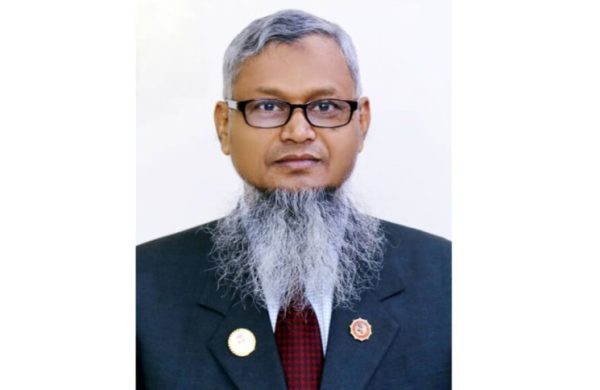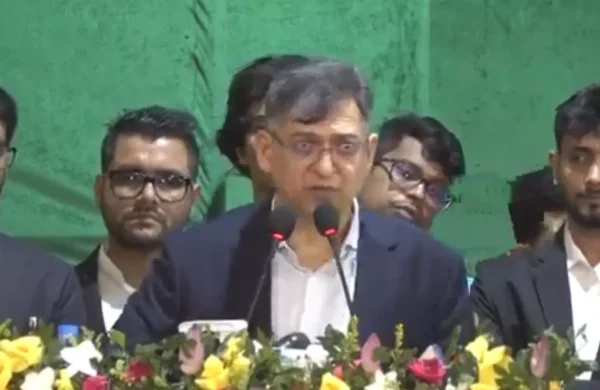Export diversification project gets delayed again, cost rises 34pc
- Update Time : Thursday, September 25, 2025

TDS Desk:
The long-awaited Export Competitiveness for Jobs (EC4J) project, designed to diversify the country’s export basket, has been delayed for a second time, with its deadline now pushed to June next year and costs revised upward.
Initially approved in 2017 with a budget of Tk 941 crore, the World Bank-funded project was intended to strengthen competitiveness in leather, footwear, light engineering and plastics, while creating an estimated 90,000 jobs.
Costs have since climbed to Tk 1,264 crore, a 34 percent increase, according to planning ministry documents.
The delay comes as Bangladesh faces mounting pressure to expand its exports ahead of graduation from the Least Developed Country group in November next year.
Despite years of pledges to diversify, the country still depends heavily on ready-made garments, which account for nearly 82 percent of total merchandise shipments.
Earlier this month, the Executive Committee of the National Economic Council approved the third extension for the EC4J project.
The project, which is about 70-78 percent complete in eight years, is expected to establish four technology centres in Kaliakair and Kashimpur of Gazipur, Mirsharai of Chattogram, and Sirajdikhan of Munshiganj to provide local enterprises access to modern machinery, skills training, and business development services.
However, delays in acquiring land and procuring equipment stalled progress.
Speaking about the slow implementation, Md Abdur Rahim Khan, additional secretary of the commerce ministry and project director, said land acquisition for the technology centres consumed a lot of time as they couldn’t work for about three months last year, which ultimately delayed construction.
When asked about project documents showing that the commerce ministry could not collect the necessary machinery for the centres on time, he said, “If construction isn’t finished, where would you keep the machinery after purchasing?”
“Now that construction is almost finished, tenders will be prepared for procurement. Hopefully, it will be floated this month. Once that happens, we’ll directly move into building installation along with procurement,” he said, adding that exchange rate fluctuations, not fresh spending, had driven cost increases.
Regarding cost escalation, he said, “There is no extra money required. All of the money is going for equipment, machinery, software, and the remaining construction work. The cost increase actually happened because of the exchange rate difference.
“When the project was taken up, the exchange rate was probably around Tk 80–90. Now it’s around Tk 122-124.”
Although the project aims to diversify the export basket, the export data over the years since the project was taken up does not offer much hope.
In the fiscal year 2016-17, readymade garments accounted for 81.23 percent of total exports of $34.6 billion. By FY25, the share of readymade garments to total exports rose to 81.49 percent, according to export data compiled by the Bangladesh Garment Manufacturers and Exporters Association (BGMEA).
The export market has also remained stuck with the European Union and the United States.
These two markets together account for over two-thirds of Bangladesh’s exports, reflecting a slight change in reality, despite policymakers and businesses having discussed diversifying exports and destinations over the years.
Preferring anonymity, some Planning Commission officials described the project as “poorly designed” and cautioned against any further extensions.
“Due to the delays, Bangladesh will end up paying more in local currency against World Bank loans,” one senior official said on condition of anonymity.
M Abu Eusuf, executive director of the Research and Policy Integration for Development (RAPID), said the project must be completed by the latest deadline to realise its benefits as LDC graduation is approaching.
“This is a very important project, but progress has been extremely slow. It must be given far greater priority. We may still have some time before LDC graduation, and perhaps even an extension, but that may not always be the case,” he noted
In this context, projects aimed at export diversification beyond RMG need to be fast-tracked.
“We should particularly focus on sectors with untapped potential that we have not yet been able to harness,” he said.




